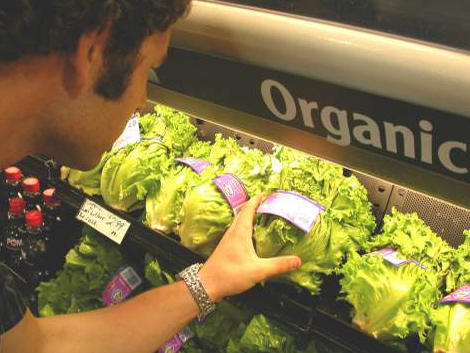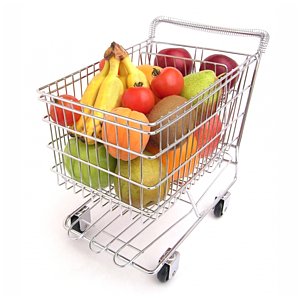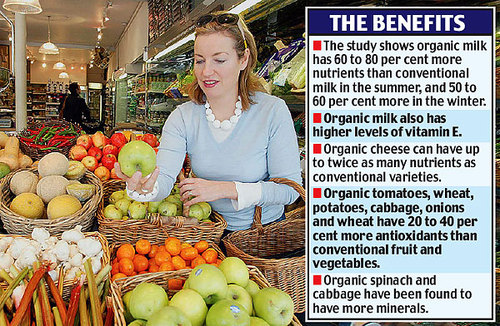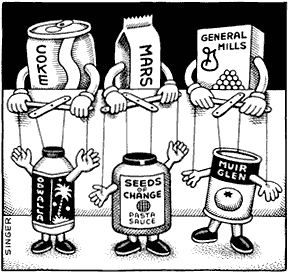A new category at FTB suggesting themes for CISV activities.
In CISV, sometimes I've often felt frustrated with the depth of discussions on popular themes, such as genetic engineering or nuclear energy. I felt that with the lack of knowledge activities dealing with these topics rarely provided me with much usefulness, and I wonder whether CISV is the right setting to learn about these things. I've had way better experiences withe themes dealing with personal views, morals, ethics, cultural issues. Areas with little scientific background, large cultural and interpersonal differences, and absolutely no clear right or wrong.
Nevertheless, I still believe that within CISV we should be able to deal with more "political" topics, if you preserve a "personal connection" and provide with background literature. So with this post I'm making a first attempt to suggest themes for CISV activities, that fits these criterias pretty well. What you will find below are objectives, a brainstorm of ideas to develop activities, and a few links to more information.

Organic Food
I've chosen "Organic Food", because I think it's an ideal theme for CISV, yet rarely discussed, and one of my personal favourites*. With a bit of adaption, this activity could also work for village kids, but I guess it's mainly for 14+.
Possible objectives:
- To generate a better understanding of the different variants of "Organic Food".
- To exchange personal views on what choices are made concerning food consumption.
- To discuss the concept of "voting with a trolly", and how much impact it can have.

Possible activities:
- Collect pictures or original items from a local supermarket and have participants list things into following categories: "I usualy buy...", "I rarely buy...", "I would never buy". Alternative: Visit a local supermarket in pairs and have them explain each other food they buy, or won't ever buy (make a blacklist!).
- Ask people to sort their priorities when chosing food by "flavour", "health", "price", "moral", "ecological impact".
- Have participants brainstorm, what they consider "organic"-food.
- Split into smaller groups, provide with material and have them present in a creative way the following concepts: Fair trade, "Buy Local", Genetic engineered food, Veganism.
- Brainstorm why these concepts may have their downsides.
- Have an open discussion round on whether "voting with a trolly" works
- Ask participants to look at their shopping list again, and ask whether they would through out certain items, or even add others.

Material

The material list is far from complete, and I apologize for all those Wikipedia links - if you can provide more and better stuff, please post them in the comments section.
*I like the topic, not because I think everybody should buy "organic", but because it's fascinating how easily people are tricked into thinking they are buying something "good". In my eyes there's some "Aufklärungsbedarf" - need for education!
In CISV, sometimes I've often felt frustrated with the depth of discussions on popular themes, such as genetic engineering or nuclear energy. I felt that with the lack of knowledge activities dealing with these topics rarely provided me with much usefulness, and I wonder whether CISV is the right setting to learn about these things. I've had way better experiences withe themes dealing with personal views, morals, ethics, cultural issues. Areas with little scientific background, large cultural and interpersonal differences, and absolutely no clear right or wrong.
Nevertheless, I still believe that within CISV we should be able to deal with more "political" topics, if you preserve a "personal connection" and provide with background literature. So with this post I'm making a first attempt to suggest themes for CISV activities, that fits these criterias pretty well. What you will find below are objectives, a brainstorm of ideas to develop activities, and a few links to more information.

Organic Food
I've chosen "Organic Food", because I think it's an ideal theme for CISV, yet rarely discussed, and one of my personal favourites*. With a bit of adaption, this activity could also work for village kids, but I guess it's mainly for 14+.
Possible objectives:
- To generate a better understanding of the different variants of "Organic Food".
- To exchange personal views on what choices are made concerning food consumption.
- To discuss the concept of "voting with a trolly", and how much impact it can have.

Possible activities:
- Collect pictures or original items from a local supermarket and have participants list things into following categories: "I usualy buy...", "I rarely buy...", "I would never buy". Alternative: Visit a local supermarket in pairs and have them explain each other food they buy, or won't ever buy (make a blacklist!).
- Ask people to sort their priorities when chosing food by "flavour", "health", "price", "moral", "ecological impact".
- Have participants brainstorm, what they consider "organic"-food.
- Split into smaller groups, provide with material and have them present in a creative way the following concepts: Fair trade, "Buy Local", Genetic engineered food, Veganism.
- Brainstorm why these concepts may have their downsides.
- Have an open discussion round on whether "voting with a trolly" works
- Ask participants to look at their shopping list again, and ask whether they would through out certain items, or even add others.

Material
- Organic Food at Wikipedia: This article was marked to be checked for "neutrality" - which gives an impression, how political this topic is.
- Local purchasing, explained at Wikipedia
- What is local - a website explaining the difference between local and sustainable
- The Buy local myth - an excerpt from the NYT
- Voting with a trolly - The Economist devoted a whole section to the topic of "food politics in Dec 2006, unfortunately you can only read the first paragraphs without paying - but it still gives a good impression.
- Veganism - a long and good introduction by Wikipedia, unfortunately a bit uncritical.
- Another lengthy article on Veganism, includuding criticism regarding health and ethics.

The material list is far from complete, and I apologize for all those Wikipedia links - if you can provide more and better stuff, please post them in the comments section.
*I like the topic, not because I think everybody should buy "organic", but because it's fascinating how easily people are tricked into thinking they are buying something "good". In my eyes there's some "Aufklärungsbedarf" - need for education!

A long time ago I got my hands on a Canadian "tour" of a supermarket that discussed the layout, how it is meant to affect you, and gave information on the "lifespan" of a handful of interesting items (bananas, coffee, some other things) that helped show the purpose of fair trade industries, local produce, etc. If there is still something like that out there (I'm sure my own copy is lost in my house somewhere) it would make a very cool activity.
Up until a couple years ago we used to have an educational theme in GB JB which ran for a year chosen by 14-15 year olds at this weekend we have each year. The idea was to integrate activities in our local and national JBs through the theme. I remember one year when I was LJR that we had the theme 'fruit' which we were all a bit apprehensive about at the time, but led to tons of exciting activities about fair trade products and food miles.
I do like abstract themes - they lead to the best activities!
CISV themes have been becoming too predictable indeed. Conflict resolution, peace education, inclusion/exclusion, war/peace, rich/poor, handicap, identity, prejudice/stereotypes, refugees/politics etc... that it is becoming too repetitive for those who have been in CISV for some time and have done more than one program. I'm not saying these aren't important themes, but it would be nice to see like you suggested new ideas and themes introduced.
After reading this article, I really am glad to be reminded of this fact at the beginning of the JB year and am sure that at our NJBM this year we will be discussing some new uncommon themes. We don't know what these are, but we sure are not going to talk about the common over-done themes like we used to.
It is a really helpful information about organic foods. I live in a village which is a small and and isolated place.
We are 120 km far from the nearest city and as a result we produce our own food. While doing that we use extreme caution
of our food to be organic so every information about organic is very important for me, thanks to the authors here.I also
found another useful guide for organic food and also so many other things about agriculturing, i recommend this
site to everyone who wants to learn useful informations.
http://agricultureguide.org/